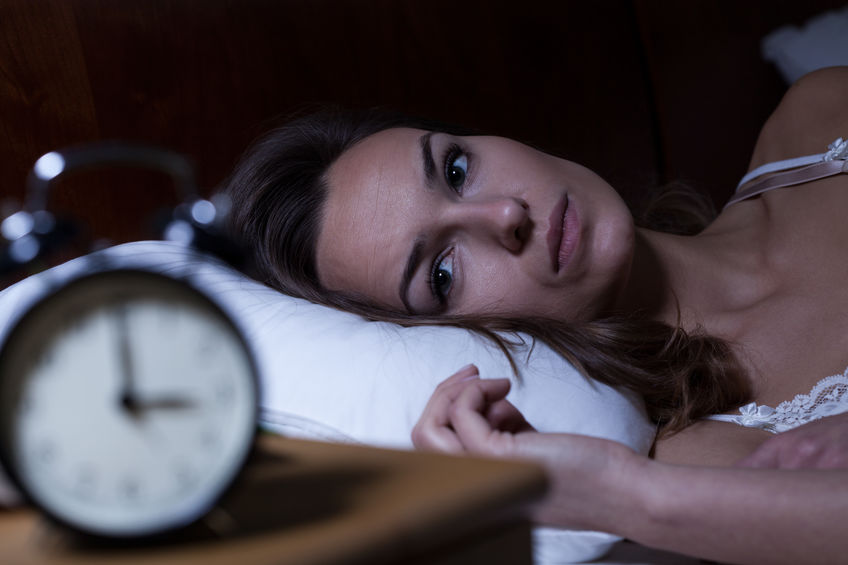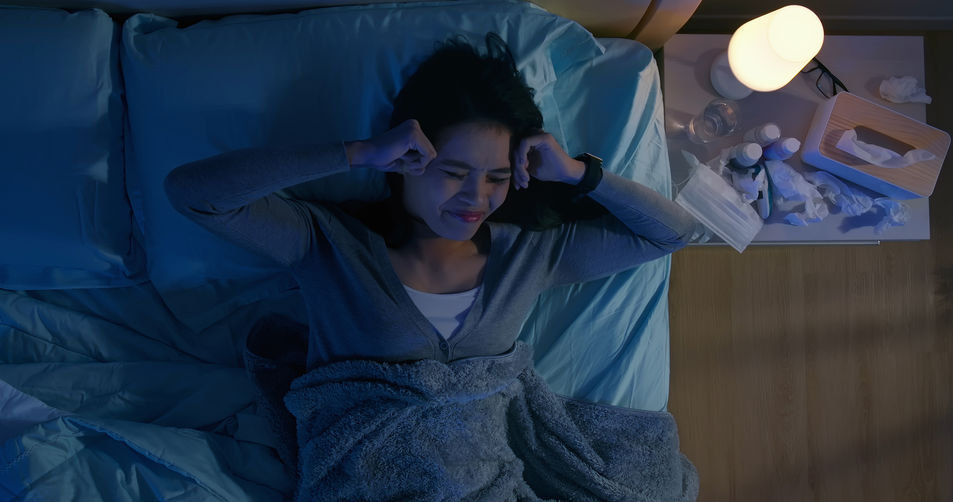Psychological and Behavioral Treatments for Insomnia
Psychological & Behavioral Treatments for Insomnia
Available treatments for insomnia include psychological and behavioral approaches which involve sleep medications (e.g., Ambien, Restoril, Silenor) or behavioral and psychological interventions, such as stimulus control, sleep restriction, sleep hygiene, and cognitive therapy. In this article, we review psychological and behavioral interventions that can help to alleviate or treat sleep disorders.


Stimulus control
Stimulus control refers to the phenomenon where an organism behaves one way in the presence of a stimulus but a different way when the stimulus is absent. When used for insomnia, the goal of stimulus control is to make changes in the environment to make sleep more likely—to help associate the environment (i.e. the bedroom) with sleep, not with, say, eating or lying in bed worrying. A few examples of stimulus control for insomnia are:
- Using the bed for sleep only.
- Going to bed only when drowsy.
- If unable to sleep, leaving the bedroom and returning when drowsy.
Sleep hygiene
Sleep hygiene is an effective treatment option for insomnia. Partially overlapping with stimulus control is the practice of good sleep hygiene, which refers to a variety of environmental and lifestyle factors that positively influence the quantity and quality of sleep. If you are in therapy, your health provider can help you determine if poor sleep hygiene is the cause of your insomnia. But in general, suggestions about improving sleep hygiene include:
- Limiting caffeine and alcohol intake.
- Not using a smartphone or computer close to bedtime.
- Not engaging in heavy exercise close to bedtime.
- Making sure your bedroom is cool, dark, and quiet.
- Avoiding heavy meals before going to bed.
- Having a relaxing nighttime routine (e.g., taking a warm bath before bed).
Sleep restriction
Sleep restriction is another treatment option for insomnia. The goal of sleep restriction is to increase sleep efficiency and the drive to sleep. The process is as follows: First, the time in bed is limited to the number of hours the person has been actually sleeping (on average). For example, if you need to wake up at nine and have been sleeping, on average, six hours, then you need to go to bed at three.
The time in bed is then increased gradually based on sleep efficiency—meaning whether most of the time in bed is spent sleeping than trying to sleep. For instance, if you spend at least 85% of your six hours in bed actually sleeping, and do so for at least five days, then you can increase the time in bed by 15 minutes. If sleep efficiency falls below 85%, however, the time in bed will need to be reduced until 85% sleep efficiency is reached.
Despite its effectiveness, sleep restriction is not among the popular treatments for insomnia because it can be challenging, given the increased drowsiness during the day (especially the first couple of weeks).
Cognitive therapy
Many people with insomnia underestimate how much sleep they really get, are preoccupied with the effects of their lack of sleep on their functioning, and spend much time each day worrying if they will be able to sleep well during the night. Cognitive therapy helps patients identify, challenge, and modify such dysfunctional perceptions, thinking patterns, and attitudes regarding sleep.
It also helps them modify dysfunctional beliefs like the following:
- “I cannot function without eight hours of sleep.”
- “Insomnia has to do with chemicals in my brain, so nothing I do will be of any use.”
- “I should be able to fall asleep in any environment.”
Cognitive behavioral therapy is often combined with the behavioral approaches mentioned above (e.g., sleep hygiene), in the form of cognitive behavioral therapy (CBT). However, even without the behavioral component, cognitive therapy has been shown to be an effective treatment for insomnia.
What is Treatment-Resistant Depression?
Treatment-resistant depression is depression that has failed to respond to at least 3 antidepressant medications from different drug classes.
What is Spravato?
Spravato Nasal Spray is a new FDA approved medication for treatment of chronic depression in adults. Please fill out the form to download our patient guide to get more information on this medication, who is the right candidate, treatment options, and potential side effects.
Talk to your doctor to see if Spravato is right for you.
Please note that Spravato can only be administered in a medically supervised healthcare setting that has been recognized as a certified treatment center.
Download your copy of:
Spravato Patient Guide
Health Insurance
About us
Contact us
About Harbor Psychiatry & Mental Health
We believe outstanding healthcare is delivered when we merge the science of medicine with the compassion of our hearts. We refer to this as “head and heart together,” inspiring constant improvement and lasting success.
Psychiatrists Orange County CA
Psychologists Orange County CA
Contact us
Address: 4631 Teller, Suite 100
Newport Beach CA 92660
Phone: (949) 887-7187
Email: info@harbormentalhealth.com
